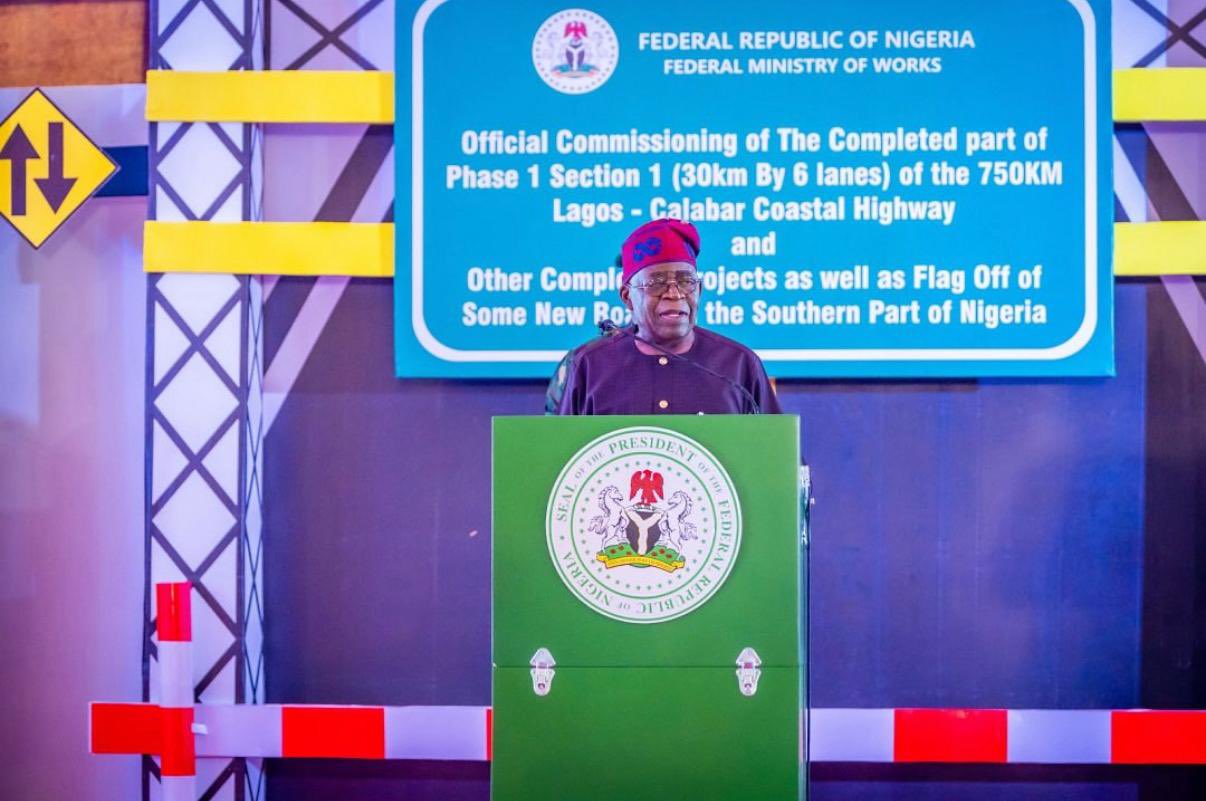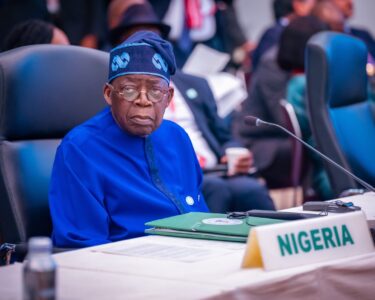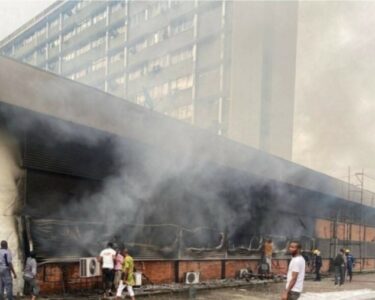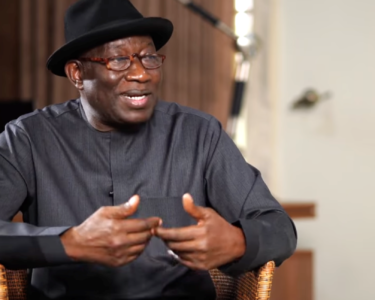Lagos-Calabar Coastal Road setbacks
FG to revoke approvals for reclaimed lands
Summary
- President Bola Tinubu has announced that approvals for reclaimed lands and unauthorized developments along the Lagos-Calabar Coastal Road setbacks will be revoked to enforce legal building regulations
- The 700km highway, with Phase 1 (47.7km in Lagos) set for completion by May 2025, aims to enhance connectivity and economic growth but has faced criticism over demolitions and transparency
- The government has allocated ₦18 billion for compensation, but only property owners with valid titles will be compensated, sparking concerns among affected communities
Lagos, Nigeria – On June 5, 2025, President Bola Tinubu warned that the Federal Government will revoke all land approvals for reclaimed lands and unauthorized structures along the setbacks of the Lagos-Calabar Coastal Road, emphasizing strict adherence to urban planning laws.
Speaking at the commissioning of Phase 1, Section 1 (a 30km stretch from Ahmadu Bello Way to Eleko Village in Lagos), Tinubu directed the Minister of Works, David Umahi, to enforce setbacks, stating that developers without proper approvals will not receive compensation. This move aims to prioritize national interest and ensure the project’s integrity.
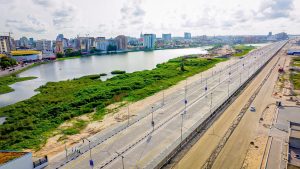 The completed 30km stretch of the road from Ahmadu Bello Way to Eleko Village in Lagos
The completed 30km stretch of the road from Ahmadu Bello Way to Eleko Village in Lagos
The 700km Lagos-Calabar Coastal Highway, a ₦15 trillion ($11-12.5 billion) project, began construction in March 2024 under Hitech Construction Company, owned by Gilbert Chagoury, a close associate of Tinubu.
The project, spanning nine states, is designed to boost connectivity, trade, and tourism, with features like 10 lanes, rail tracks, and concrete-reinforced roads. However, it has stirred controversy due to demolitions of properties, including parts of Landmark Beach, and environmental concerns over biodiversity hotspots.
By December 2024, 750 structures had been cleared, with ₦18 billion allocated for compensation, though property owners like Sikiru Sulaimon have criticized the amounts as inadequate.
Stakeholders, including the Okun-Ajah community, have urged realignment to save properties and cultural sites, prompting the government to adjust routes to preserve some structures and infrastructure, such as MTN’s submarine cables.
The project, funded partly through public-private partnerships, will be tolled for 5-10 years to recover costs, with plans for land development along the corridor for tourism and housing.
Critics, including former Vice President Atiku Abubakar, have questioned the project’s transparency and priority amid Nigeria’s economic challenges.


